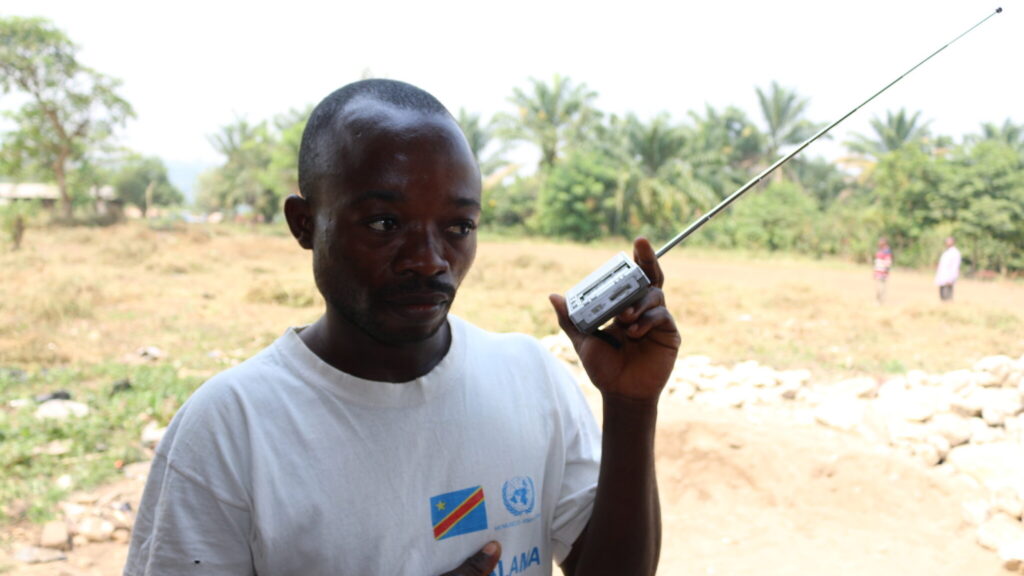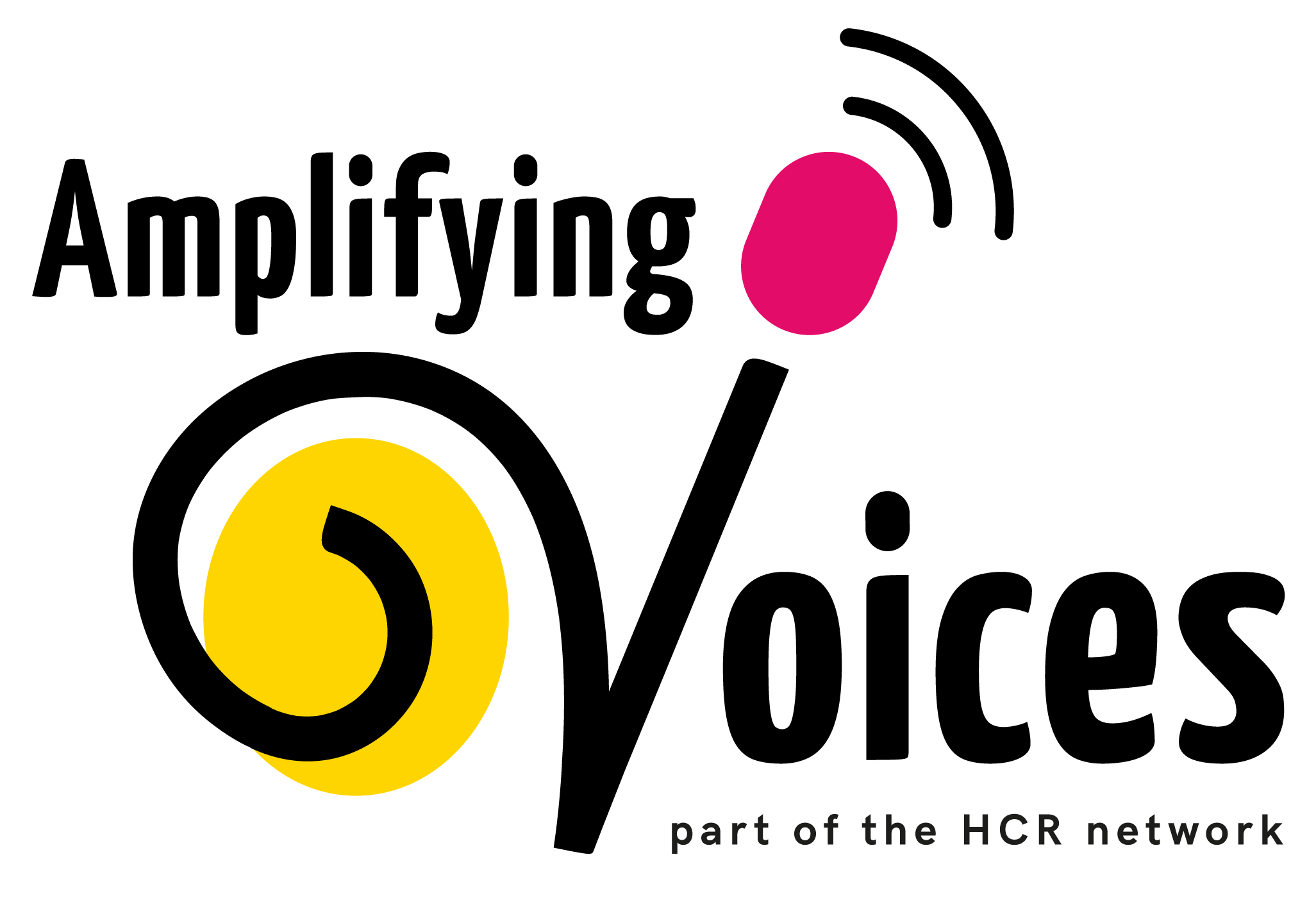
Radio: The One to Watch
As the Amplifying Voices team explores new community radio opportunities in sub-Saharan Africa this month (watch this space), I am convinced that radio remains the single most powerful medium for community development in the region. A 2021 report by the International Telecommunications Union further points to the fact that in a continent with limited access to the internet and digital technologies, radio is a key to the content’s connectivity, with the highest audience and the widest geographical coverage, catering to roughly 800 million Africans that remain offline.
Sometimes looked down on as the poor relation of television and certainly considered old-fashioned compared to social media, radio is still the one to watch. That may sound like a bad pun, but the influence of local community-centred radio is rising like never before. It is still the most pervasive, accessible, affordable, and flexible mass medium available. In rural areas, it is often the only mass medium available. Combine it with modern messaging apps like WhatsApp and social media like Facebook and put it in the hands of communities themselves, its power to influence change is unquestionable. It expands the spaces for conversation where people can talk, listen and take action.
In conversations recently with leaders of the radio stations we helped set up, they recounted numerous stories of how community-centred radio has helped kick-start micro-enterprises, stopped a terrorist attack from taking place, become a forum for trauma-healing after violent conflict, combatted rumours and misinformation, empowered girls against sexual predators, helped improve food security, and become the only school for children during the Covid pandemic.
Central to all of these stories is that community-centred radio puts communities at the heart of the communication process, where they become agents of change not objects to change. It helps connect communities with the expert service providers who are wanting to support positive change. It helps them to determine their own path to development and well-being. It amplifies the voices of those whose voices have been lost or drowned out by those more powerful.
As our Amplifying Voices team anticipate a post-pandemic world, where we look forward to physically engaging again with partners, we’re excited about the many opportunities that are presenting themselves across Africa and Asia for community-centred radio and allied media projects. Besides the misinformation that we witnessed during the pandemic, we also saw a plethora of unhelpful, top-down communication, rooted in telling, not listening. For that reason I am convinced, more than ever, that Amplifying Voices has a really important role to play today, to challenge and redress this situation.
